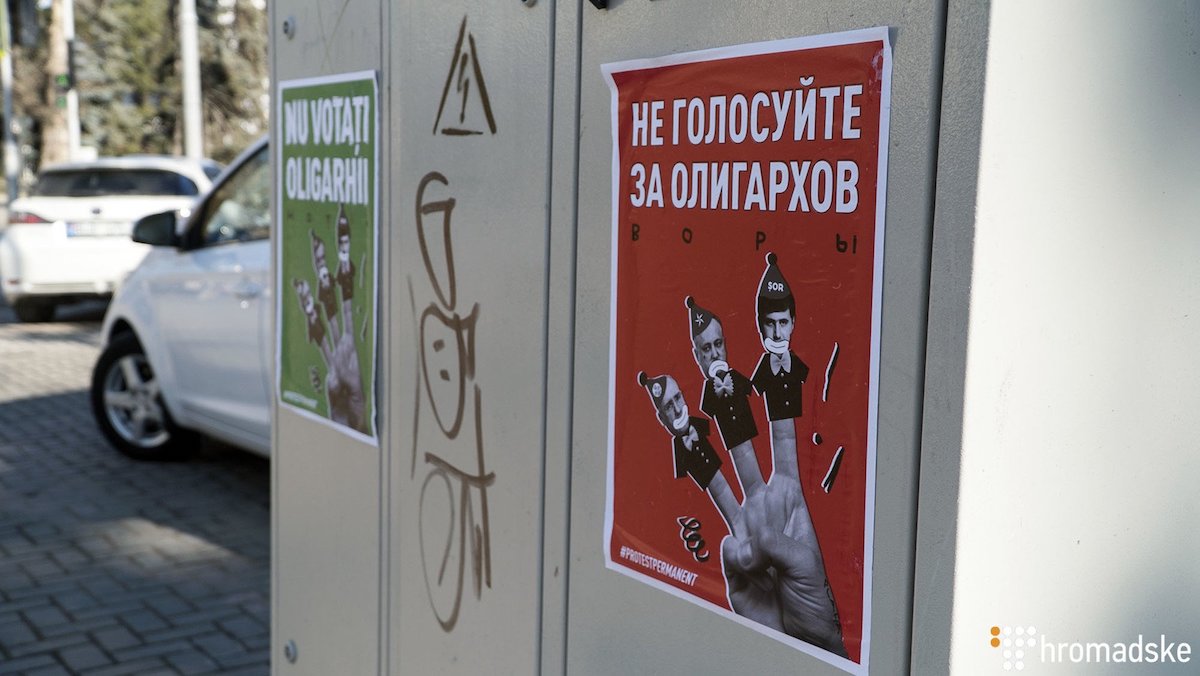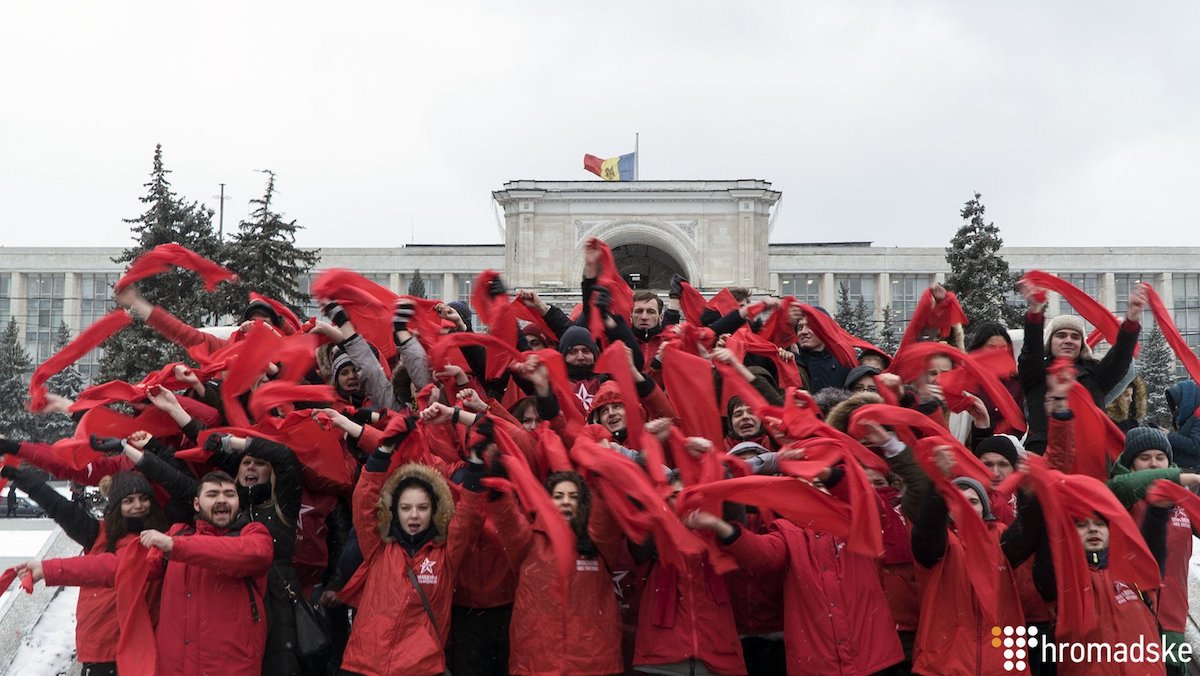Moldova election results: pro-Russia party comes in 1st, but who will form government is unknown
Members of Moldova’s united opposition group have made it into parliament for the first time, and the country’s pro-Russia political force, the Party of Socialists of the Republic of Moldova, came in first. The Democratic Party of Moldova was able to maintain its current standing, with a local oligarch behind it.
The new parliament of Moldova will be formed by the Socialist Party (PSRM), the ACUM bloc, the Democratic Party (PDM) and the Shor Party.
After counting all the votes on Tuesday morning, the Central Election Commission announced the results: the Socialist Party won 31.15 per cent of the votes, the ACUM opposition bloc won 26.84 per cent, 23.62 per cent was taken by the Democratic Party of Moldova and the Shor party received 8.32 per cent of the vote.
The rest of the parties did not surpass the six per cent threshold.
Experts predict that the Socialists will get 35 seats in parliament, the Democrats 30, the ACUM bloc will take 26 seats, and the Shor party will receive seven. Another three seats will be left for independent MPs.
• Political series: Conflict between the Moldovan government and its president
• The Erdoganisation of Moldova: what Chisinau is learning from Turkey

Since none of the parties managed to receive 51 seats, they will have to agree on the formation of a coalition. Experts predict that this will not be easy. If politicians do not agree within three months, the parliament will be dissolved and new elections will be held in the country.
Independent Ukrainian outlet Hromadske visited Moldova on the eve of the elections to meet with people who support the various candidates and discuss their political preferences with them.
An oligarch and Russian propaganda
“If our party wins, it will do everything [it can to make things] as they were before”, says Maritana, a retired woman handing out party pamphlets on the street before a rally of the Party of Socialists.
She defines ‘as they were before’ as during the Soviet years, when, according to Maritana, everyone ‘lived in peace, harmony and love’.

Alina Radu, editor-in-chief of Ziarul de Garda, explains that such an outlook in Moldova is not uncommon, and is largely due to the influence of Russian propaganda.
“We have a Russian-speaking population and a Romanian-speaking population. The Russian-speaking people mainly watch Russian channels, because the only channels broadcast here in Russian are from Russia. Every day they make threats that if we are not friends with Russia, all the churches will be destroyed, everyone will turn gay, and so on. They tell us the Syrians will come here and that something bad will happen to us if we are friends with Europe.”
The traditional opponents of the Socialists in Moldova have for many years been the Democrats who have been in power for the past eight years, controlling all important government posts and government structures. The democratic party is headed by the local oligarch Vladimir Plahotniuc.
“All justice, the courts, the prosecutor’s office and the police are controlled by the current government. Decisions in the government are made in the interests of Vladimir Plahotniuc,” says Alina Radu. “All politics depend on one oligarch.”
The official agenda of the Democratic Party suggests the establishment of cooperation with the EU, but not at the cost of spoiled relations with Russia.
“We have been talking about European integration since 2009, and yet we’re living the same – maybe even worse,” adds Christian Jardin, editor of Unimedia. “And the word ‘pro-European’ has lost its appeal to the people.”
Using an amusement park for advertising
Corruption and dependence on oligarchs is a big problem for Moldova.
Before the elections, posters with collages were pasted all over Chisinau, where the main politicians are depicted as puppets of Plahotniuc. Among them is another oligarch, Ilan Shor, who has his own party. A court found him guilty of stealing one billion dollars from a Moldovan bank, but Shor filed an appeal, which means he had the right to run for parliament.

Shor is known in Moldova for the town of Orhei. There, not far from Chisinau, the businessman built a large amusement park – Orheiland. For a part of the population, this rather well-kept town is a peculiar model of the future of Moldova. Some people believe that by coming to power, Shor will turn Moldova into a flourishing and rich country.
“Public transport, roads, an amusement park,” – a taxi driver from Chisinau lists all the innovations that have come to the town, explaining why he will vote for the Shor party.
ACUM means ‘today’ in Romanian, and is the name of the bloc of the pro-European opposition which was previously not part of the parliament.
Eugene, a supporter of the ACUM bloc, has a clear answer to the question of the changes he is waiting for:
“For me, the most important thing is trust in the judiciary, so that I can be sure that when I go to court to fight, I can win if I am right. For example, if I want to open a business or just want to live in safety, I must be sure that we have incorruptible courts and that criminals will be punished.”



















